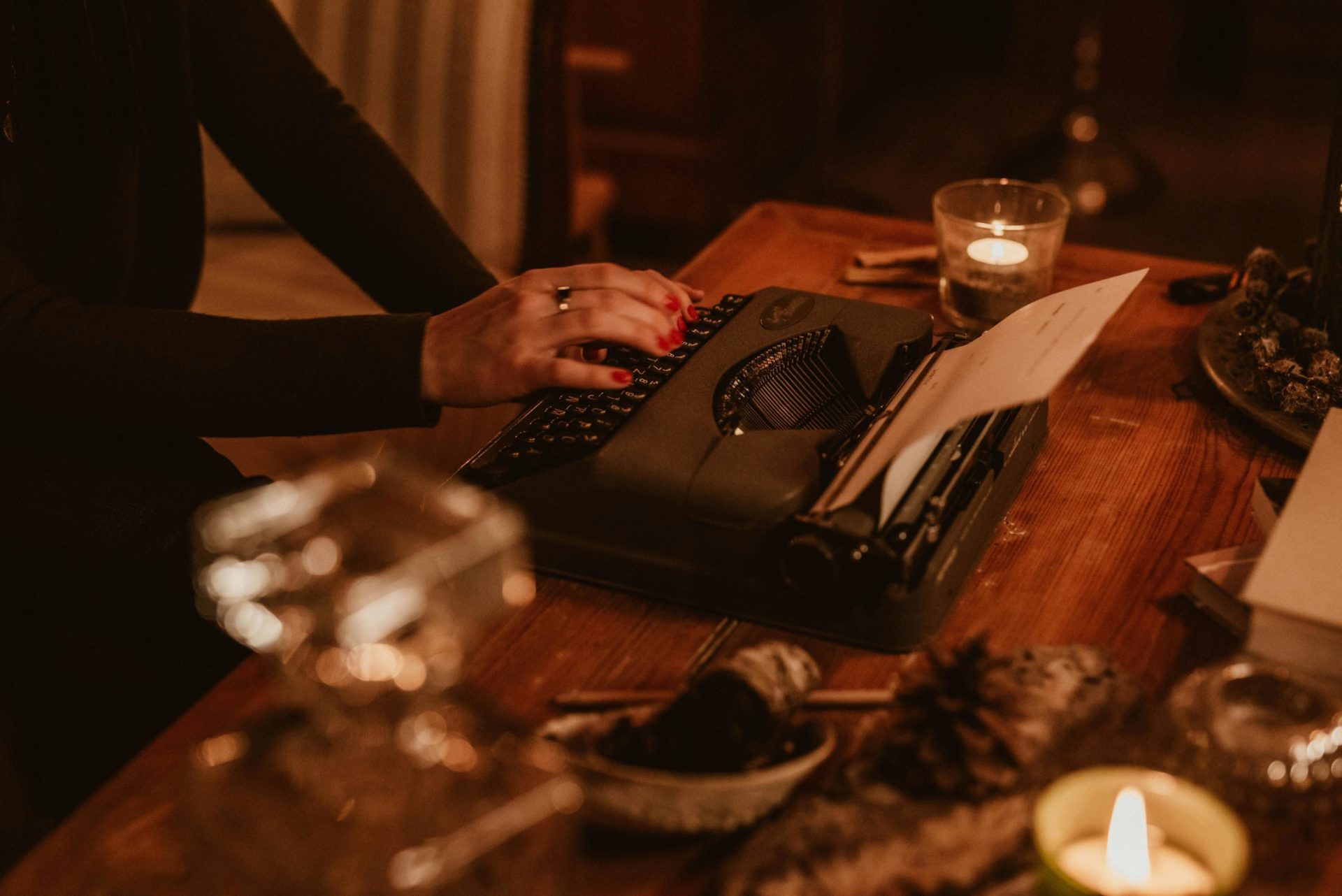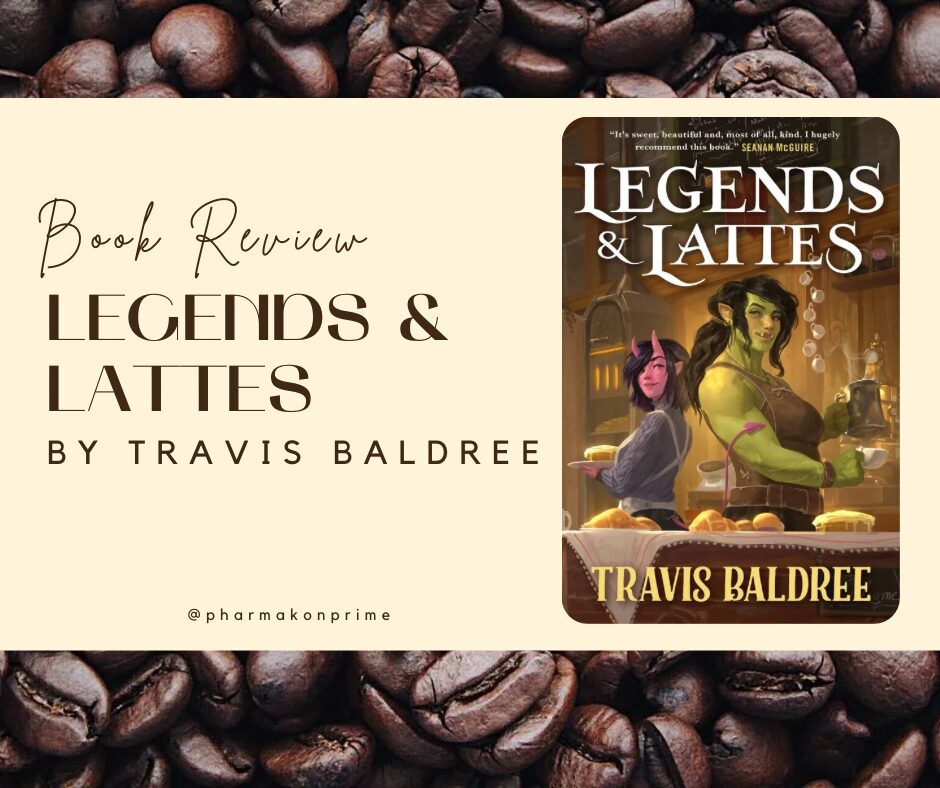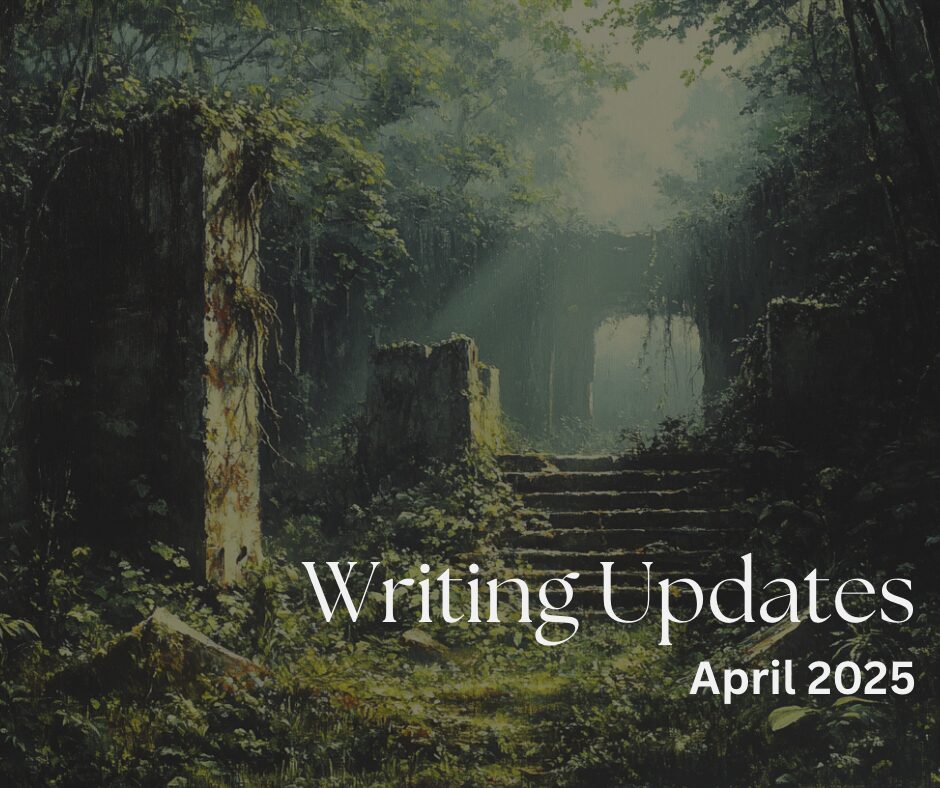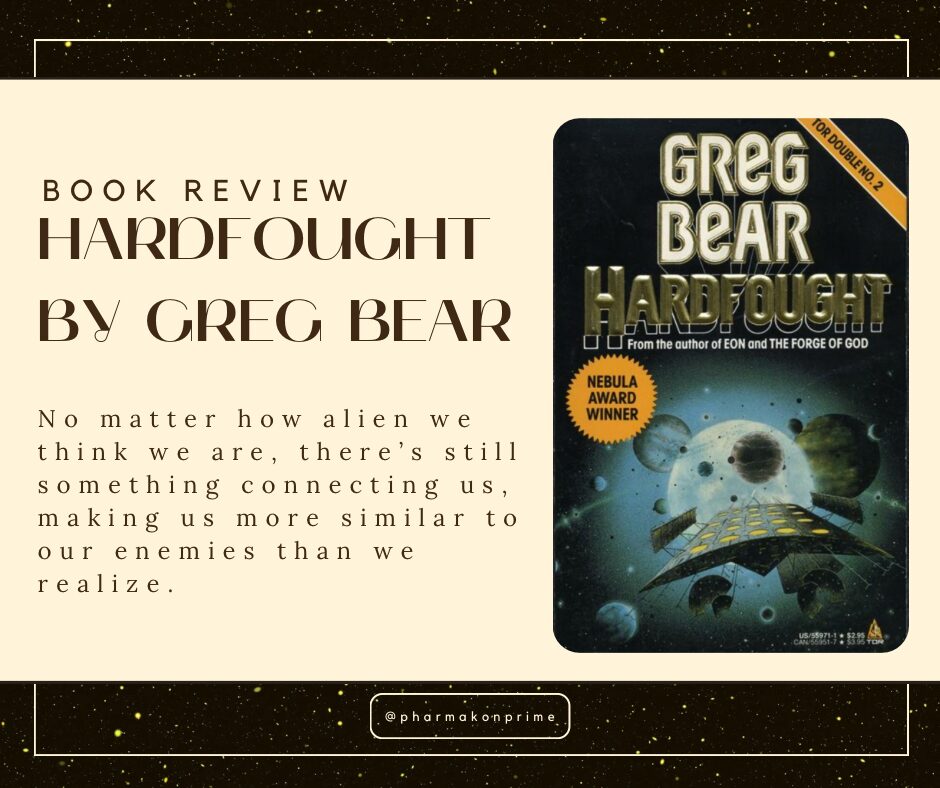
When I was ten years old, I decided I wanted to become a fantasy author. I had no idea how to go about it, but I knew that authors write stories. So I started typing away on my dad’s Macintosh computer, writing a story about two friends, one of whom was a mage and the other a dragon-human hybrid.
I’d like to think that I’ve learned a lot more about becoming an author since then, but at its heart, becoming an author is still just as simple as I thought it would be when I was ten years old.
Steps to Becoming a Fantasy Author
- Write daily. Even if it’s only for five minutes a day, even if the words aren’t perfect, write every day.
- Finish the book. Michael Stackpole said that it’s better to write twenty consecutive chapters and have a book at the end than rewrite one chapter twenty times. You have to make the clay (rough draft) before you can turn it into a vase (finished book).
- Rewrite. Learn and practice rewriting and editing.
- Write some more. Learn the elements of a story and how to express them on the page.
- Repeat.
- Repeat.
- Repeat.
- Repeat.
- Etc.
I’ve found that the act of writing and rewriting a book has taught me far more than any book, class, workshop, or critique group ever could. It’s taught me about how to express myself better, how elements of the story work together, how important different storytelling techniques are, and a patience and discipline that only working for a year on a massive project could.

Writing as a Hobby is Healthy
You’ll notice that this is a very small list that seems to be missing things like “hire a professional editor” or “spend the next ten years trying to sell your book to a publishing house” or “do x things to market your book.” This is because my focus for this blog is to tell other writers what it took me the better part of two decades to learn:
You don’t have to be famous or make money to be an author. In fact, most authors don’t.
And that’s okay.
In this hypercapitalistic world that we live in, we are told that we can turn any hobby into a side hustle, and told that we need to in order to get the newest iPhone, some new organizing hack, the healthiest food, or the miracle cure to all our ails. Everything now has a price tag, even making money. Classes abound telling you how to do just about anything—for a fee. That always makes me wonder—if this person knew how to become a bestselling author who makes lots of money, why are they selling a class?
The word “hobby” has gotten such a bad rap because it sounds frivolous and expensive. But writing as a hobby is a great way to keep your brain active and alive. It stimulates many parts of the brain, utilizing both creativity and logic. It’s really inexpensive, too: all you need is paper and a pen or pencil.
An author writes books. That’s it. If you like the idea of having your very own book on your shelf, Ingram Spark and Amazon KDP can make that happen for you. You can send your book to an agent to try to get traditionally published. But while you’re doing all that, keep on writing because the way to be a better writer and author is to write books, whether you publish them or not.
In the book “Atomic Habits,” the author tells the story of a photography teacher who split his class into two groups. One group was told that they would be graded solely on the number of photos they turned in. A hundred photos got them an A, 80-89 a B, etc. The other half of the class was told they would be graded solely on the quality of one single photo.
At the end of the semester, the teacher was surprised to find that the best students were all from the group that had been told to create a hundred photos. They had been able to experiment and try out ideas and see what worked and what didn’t. The other group had agonized over theories that they never tried out, and so their single photo was mediocre at best.
Writers write. Authors write books.
The moral of the story is that the more you do something, the better you get at it. You may never become the best in the world, but you will be better than you were before.
If you write a word, you are a writer. If you write a book, you are an author. End of story.
If you’d like more details on how to write a fantasy or sci-fi novel, head on over to my Writing Resources page where I have information on different writing tools you can use, worldbuilding, character development, and story structure.
You can also join NaNoWriMo in November or Camp NaNoWriMo in April and July if you’d like to try writing a book with a like-minded community. I’ve put together a few tips on how to make the most of NaNoWriMo and how to stay motivated while writing a novel to help you out.



